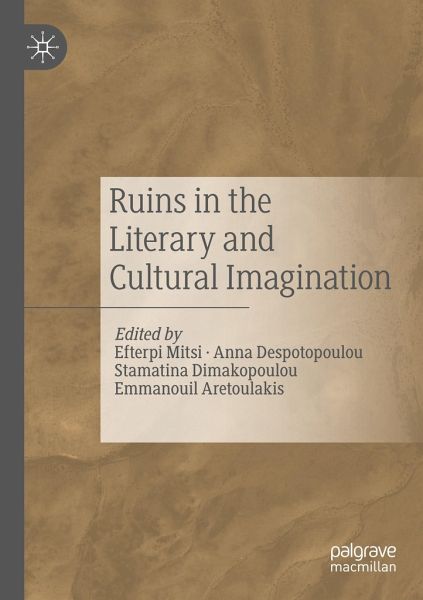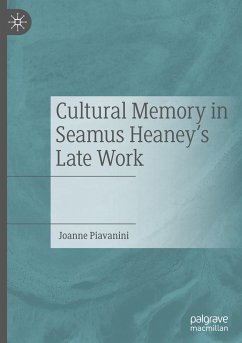
Ruins in the Literary and Cultural Imagination
Versandkostenfrei!
Versandfertig in 6-10 Tagen
83,99 €
inkl. MwSt.

PAYBACK Punkte
42 °P sammeln!
This book focuses on literal and metaphorical ruins, as they are appropriated and imagined in different forms of writing. Examining British and American literature and culture in the nineteenth and twentieth centuries, the book begins in the era of industrial modernity with studies of Charles Dickens, Thomas Hardy, Henry James and Daphne Du Maurier. It then moves on to the significance of ruins in the twentieth century, against the backdrop of conflict, waste and destruction, analyzing authors such as Beckett and Pinter, Kurt Vonnegut, Robert Lowell, Anne Sexton and Leonard Cohen. The collecti...
This book focuses on literal and metaphorical ruins, as they are appropriated and imagined in different forms of writing. Examining British and American literature and culture in the nineteenth and twentieth centuries, the book begins in the era of industrial modernity with studies of Charles Dickens, Thomas Hardy, Henry James and Daphne Du Maurier. It then moves on to the significance of ruins in the twentieth century, against the backdrop of conflict, waste and destruction, analyzing authors such as Beckett and Pinter, Kurt Vonnegut, Robert Lowell, Anne Sexton and Leonard Cohen. The collection concludes with current debates on ruins, through discussions of Walter Benjamin and Bertolt Brecht, as well as reflections on the refugee crisis that take the ruin beyond the text, offering new perspectives on its diverse legacies and conceptual resources.














